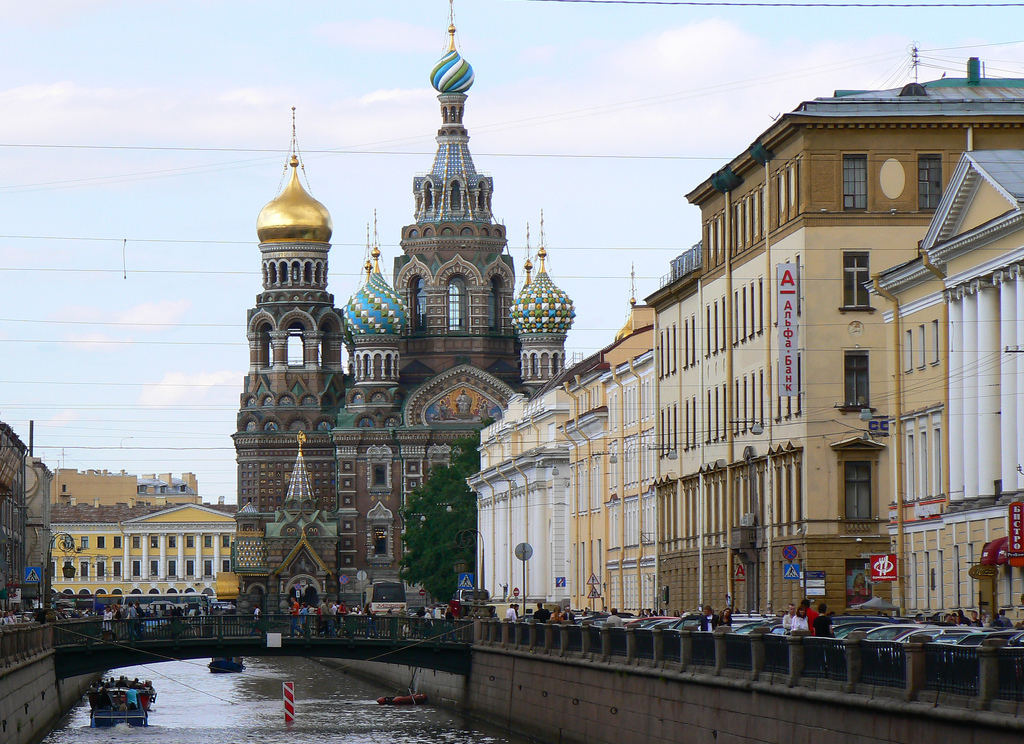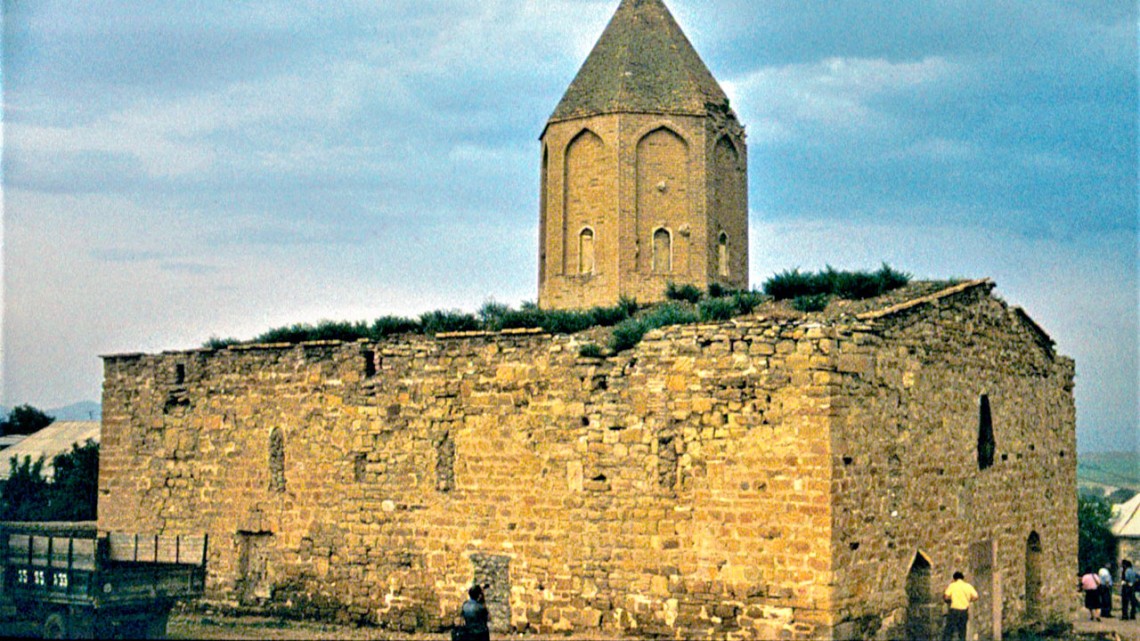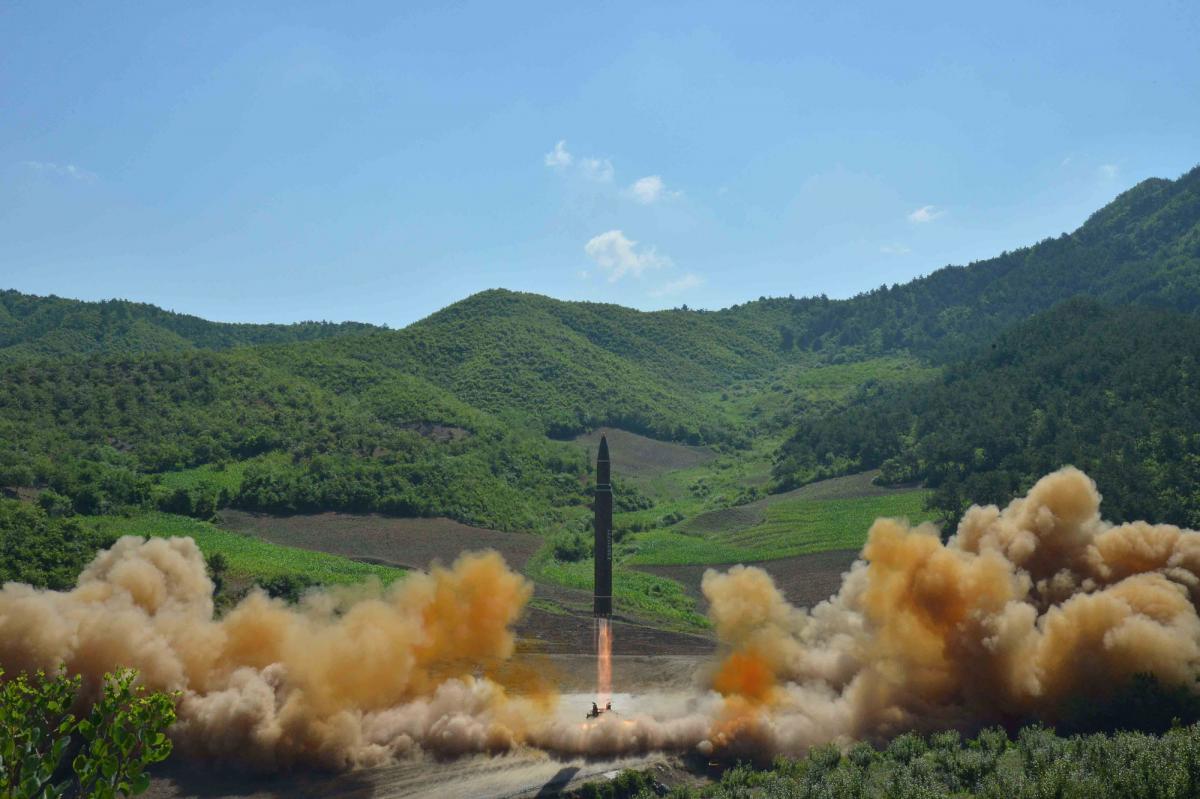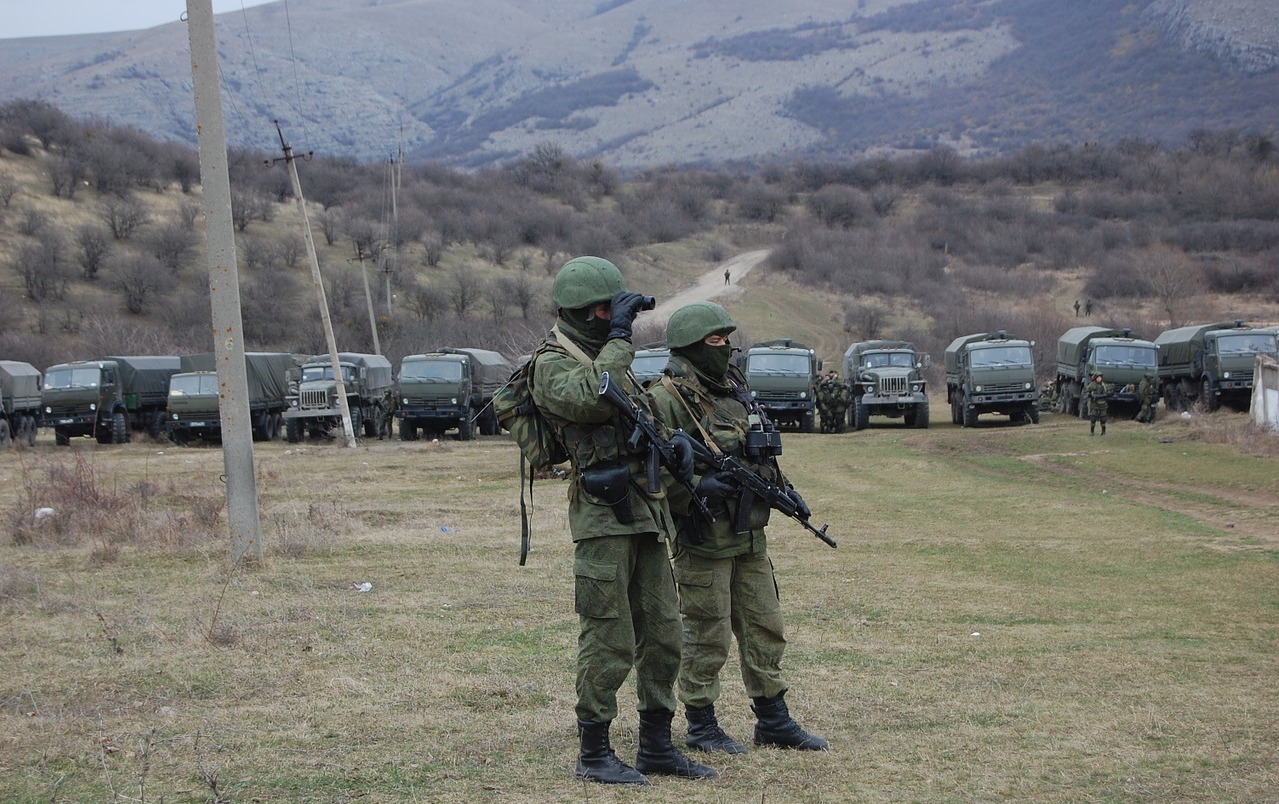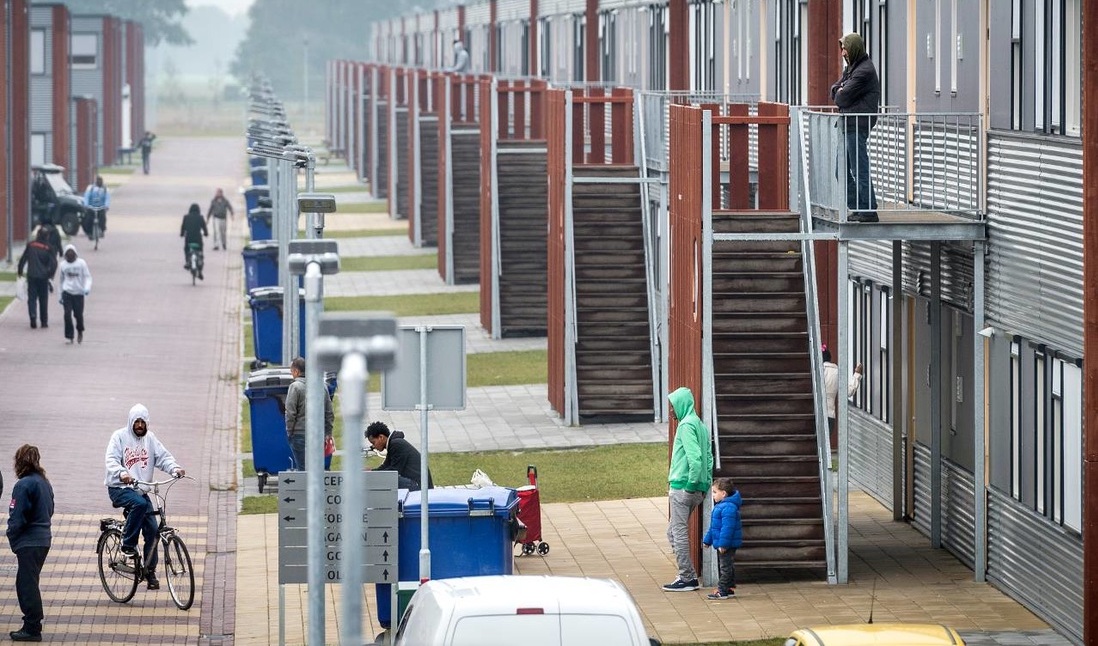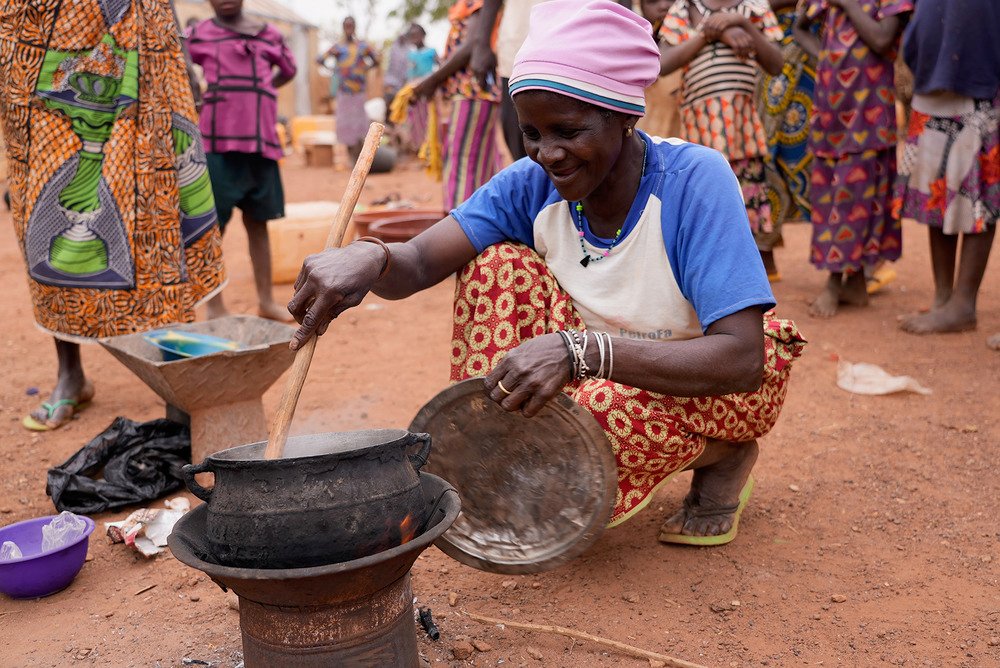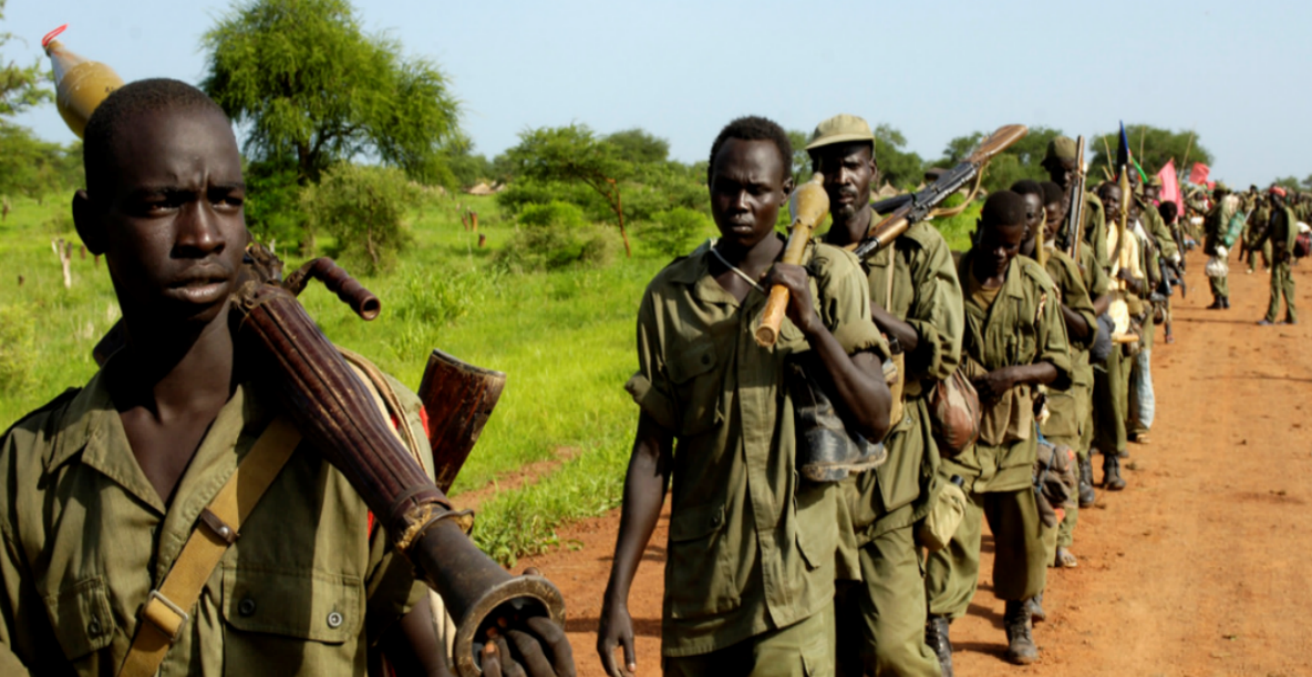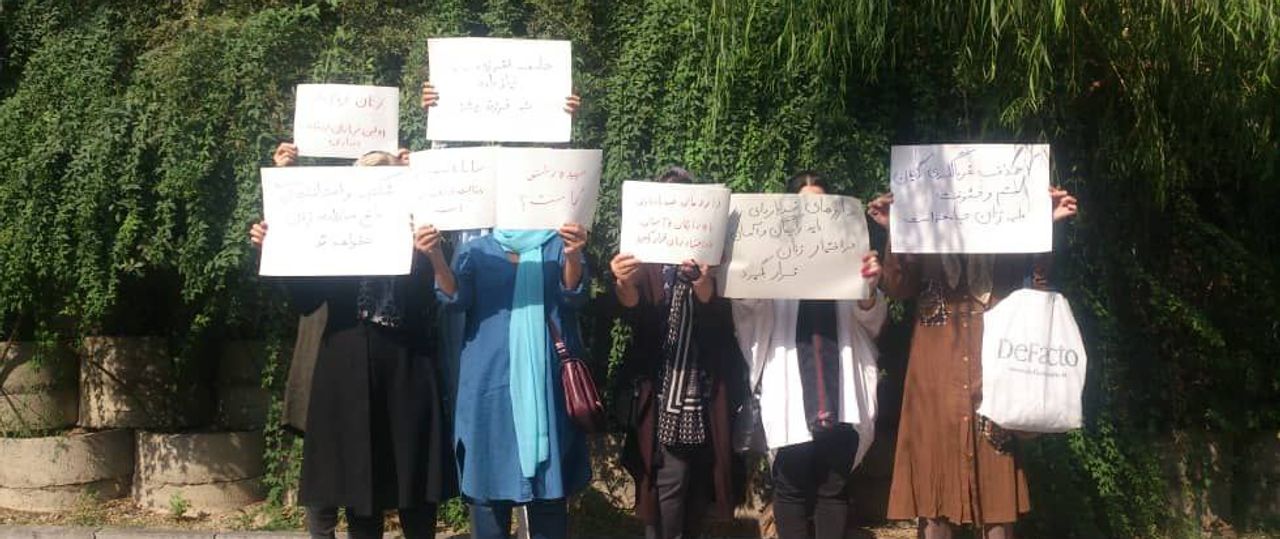
Iran: high-tech crackdown on hijab resistance
An Iranian government entity enforcing Islamic rules says the Intelligence Ministry has arrested 300 anti-hijab activist “ringleaders” working “for the enemy.” A spokesman of the Enjoining Good & Forbidding Evil Headquarters said that the activists were arrested in accordance with the new Hijab & Chastity Regulations, which officially extend the mandatory hijab to social media posts. This is to be monitored by the government’s facial recognition software that was used during the pandemic to track if people were wearing face masks. (Image: Iran International)



